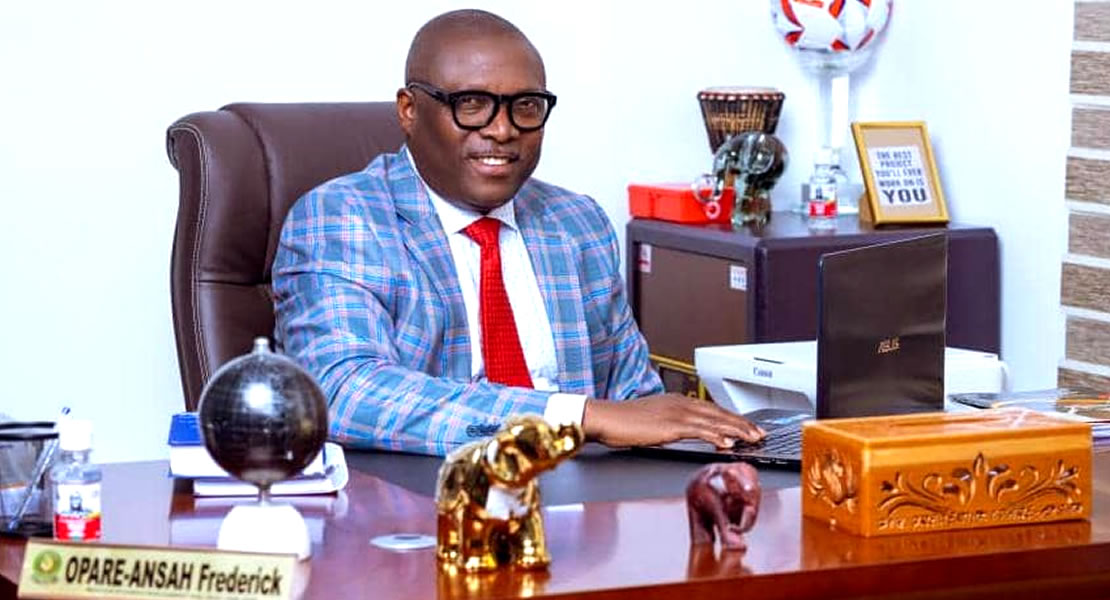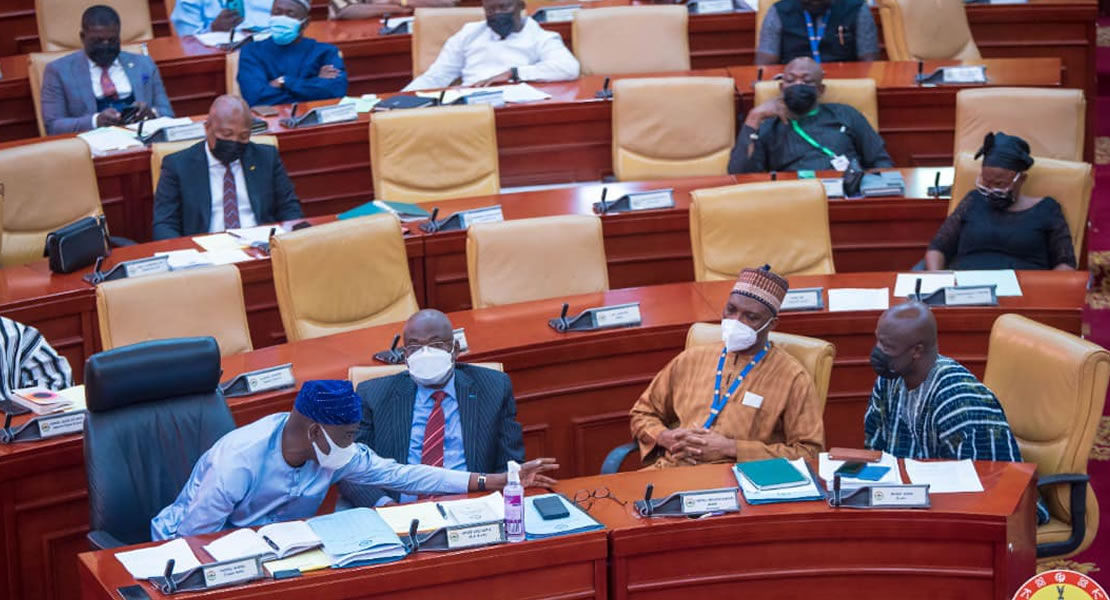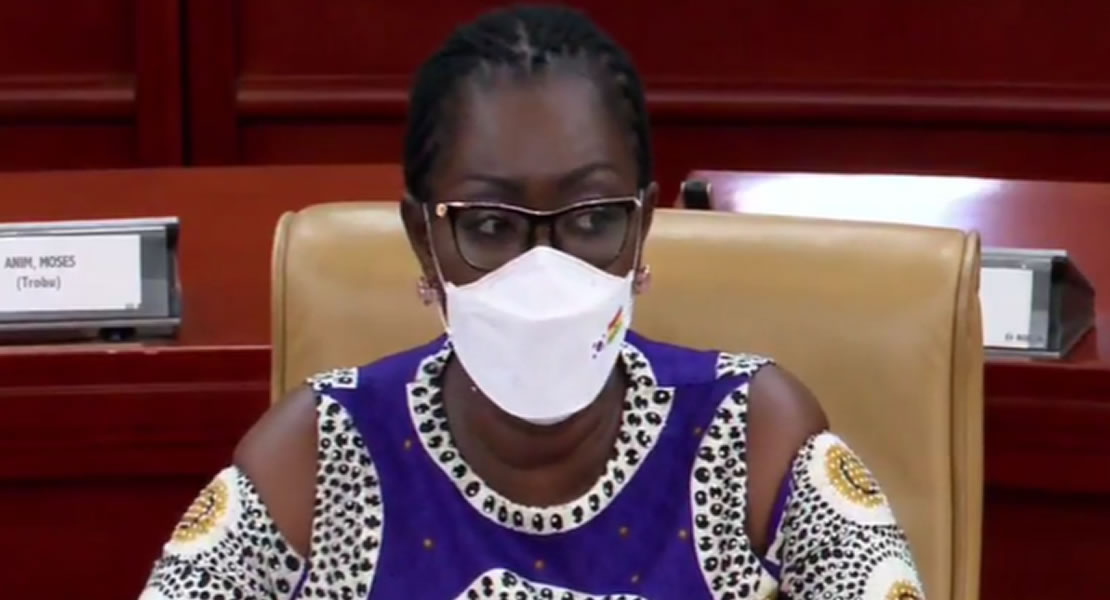
Former Chairman of the Communications Committee in the seventh (7th) Parliament of the Fourth Republic, Fredrick Opare-Ansah has urged the 8th Parliament to pass the E-Levy in order not to deny the government the needed revenue for development.
According to him whatever the disagreement is between the two sides in the House, both the Minority and Majority know the mechanism available to them in Parliament which is the Amendment process, which they can adopt to the Electronic Transfer Bill 2021 by moving the rate from 1.75 to 1.5.
He believes Ghanaians would not blame parliament when this is done and it is sent to the presidency for assent, but the president decides otherwise.
 He said since December 2021, “we are three month into the year, we have denied the government for a whole quarter, so if the expectation of revenue from the E Levy say ten billion cedis, you have lost two point five billion already; then we complain that things are tough in the country. Government wants revenue to work for us and we do not have to deny government that revenue”.
He said since December 2021, “we are three month into the year, we have denied the government for a whole quarter, so if the expectation of revenue from the E Levy say ten billion cedis, you have lost two point five billion already; then we complain that things are tough in the country. Government wants revenue to work for us and we do not have to deny government that revenue”.
Again, some MPs complain that their constituents are saying after paying tax on their salaries after that they have to pay on momo too, but sometimes after working for someone and you are being paid you should be the one paying the tax.

So, a proposal should be made for an amendment and change the application of the tax from someone sending to the one receiving the mobile money. You can change the law so that the mobile phone operators have numbers for commercial use and those for personal use.
“If I send money and at the end of the month it is twenty thousand my pay from all records is ten thousand, now the records would be available to government, then you would be called to find out how you were able to send this monies but you claim you were not paying it to a commercial line but you were paying to an individual line”.
He recounted that when he went to Parliament for the first time during the John Agyekum Kuffour’s time, a lotto bill of the National Lotteries Authority brought to parliament, government wanted to create its own lotto company to have a monopoly, in lotto operation.
But, parliament said no they would rather give government the power to regulate the lotto authority; let individuals have lotto marketing companies and operate their own system. This was parliaments decision and not that of the Executive.
Kwaku Sakyi-Danso/Ghanamps.com